 |
| Tama Matheson as Beethoven in his play, Beethoven: I Shall Hear In Heaven |
Tama Matheson: Beethoven: I Shall Hear In Heaven; Tama Matheson, Jayson Gillham, Quartet Concrète, English Chamber Choir; Opera Holland Park
Reviewed 6 August 2025
Tama Matheson effective combines spoken drama with music to illuminate Beethoven's life in an evening both theatrical and musical
Biographies of artists are, in the main, tricky because if you are not careful you can lose sight of the essential, the act of creation. Writers at least leave something that can be included, but with other artists the written word struggles as can anything dramatised. Director, playwright and actor Tama Matheson has been extending the way we dramatise musicians' lives by writing plays that incorporate their music, not as simple background but as an integral part of the theatrical experience.
Beethoven's life was eventful enough, but a simple recitation or dramatisation of the facts would lose sight of the essential core of his life, the creation of music, everything else was largely irrelevant. Tama Matheson's Beethoven: I Shall Hear In Heaven debuted at the Wimbledon International Music Festival in 2021 and was nominated for the 2022 RPS Storytelling Award. In it, Matheson combines a dramatised biographical portrait of Beethoven with the man's music, performed live.
Matheson's Beethoven: I Shall Hear In Heaven played the first of two performances at Opera Holland Park on 6 August 2025. Matheson played Beethoven and was artistic director of the project and was joined by pianist Jayson Gillham along with actors Robert Maskell and Suzy Kohane, plus Quartet Concrète (Anna Brown, Leon Human, Dominic Stokes, Joseph Barker) and the English Chamber Choir.






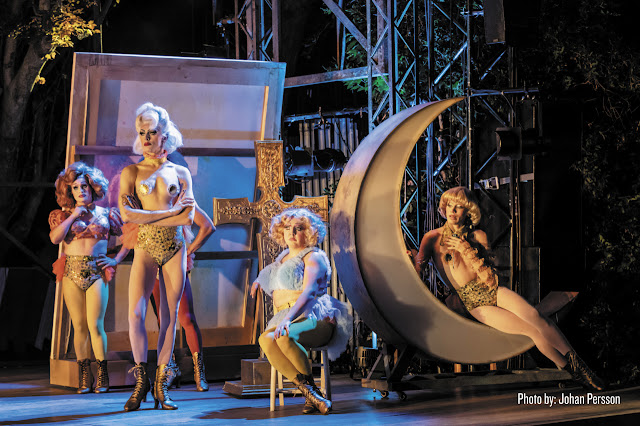

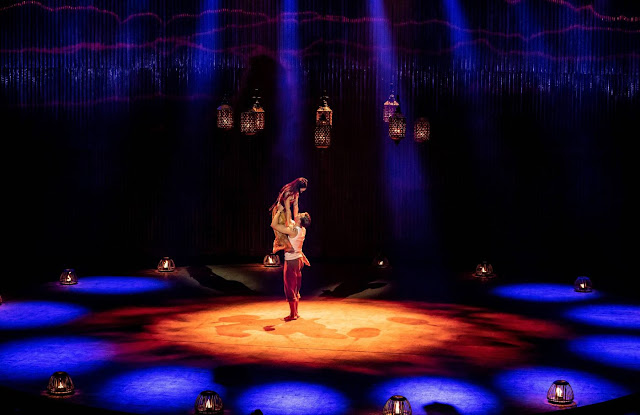
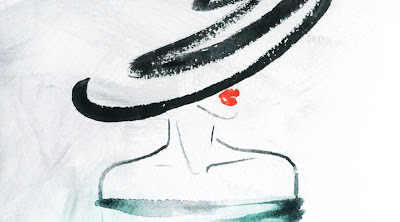




















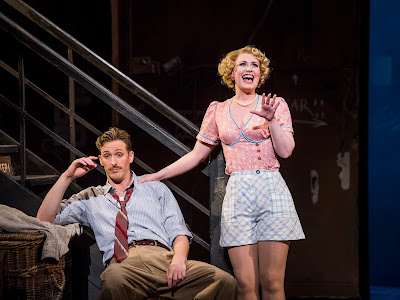

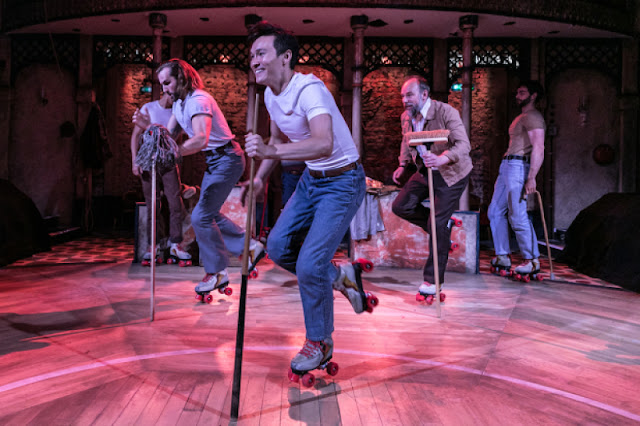

.jpg)

.jpeg)





.jpeg)